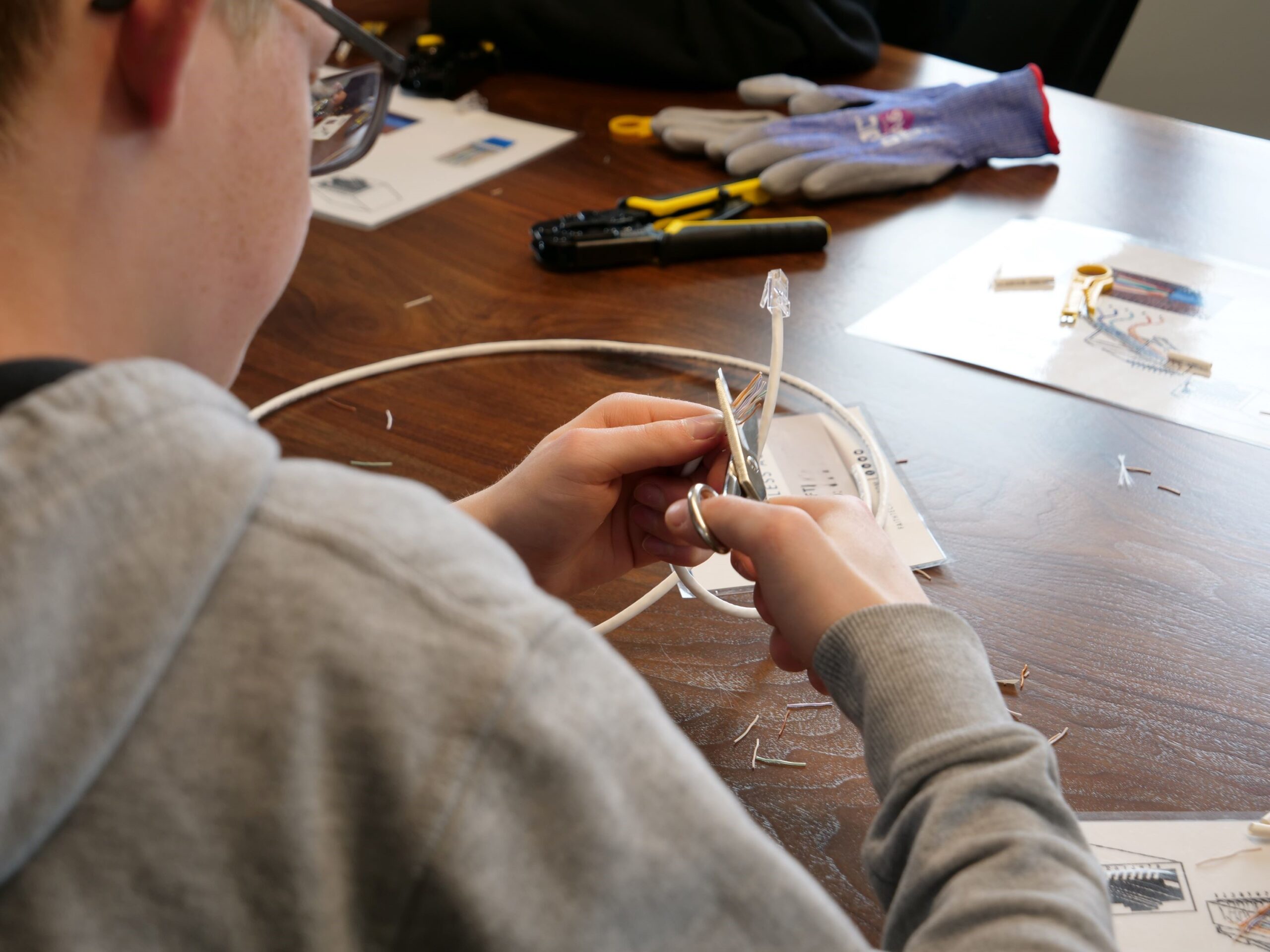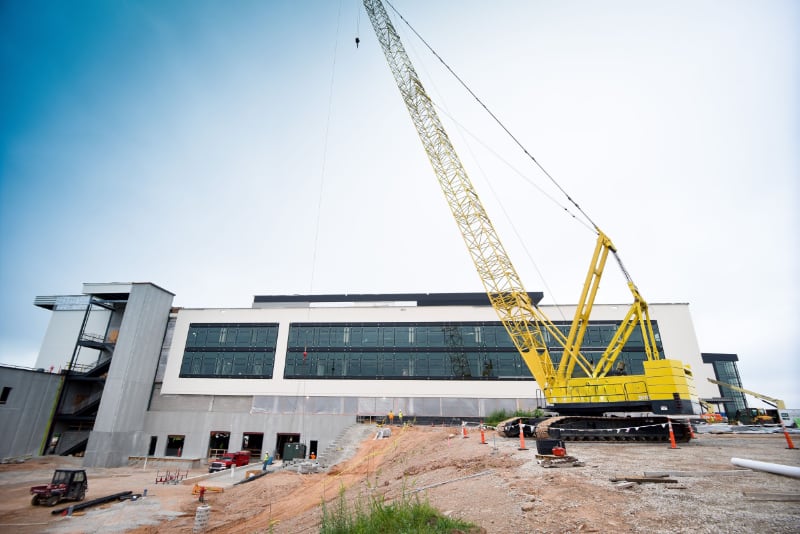
In an era where technology evolves at an unprecedented pace, the construction and manufacturing sectors stand at the brink of a significant transformation. This shift, driven by digital innovation, promises to not only enhance operational efficiency but also to redefine industry standards. FTI, at the forefront of this evolution, exemplifies how embracing digital technologies can propel the industry forward.
The Impact of Digital Technology
Digital technologies such as Artificial Intelligence (AI), the Internet of Things (IoT), robotics and big data analytics are no longer futuristic concepts but are central to the modernization of construction and manufacturing processes. FTI harnesses these innovations to predict maintenance needs through AI and machine learning algorithms, minimizing downtime and extending equipment life. The IoT offers a new level of connectivity, enabling us to monitor assets in real-time and facilitate a seamless flow of information across operations. Robotics, once confined to science fiction, now plays a crucial role in our strategy to automate repetitive tasks, reducing human error and improving safety. Meanwhile, big data analytics provide insights that help us make more informed decisions, optimizing workflows and enhancing productivity.
Case Studies and Applications
Imagine a scenario where we use drones equipped with AI to conduct site surveys, offering precise measurements and identifying potential risks without the need for manual intervention. Another example is FTI’s manufacturing plant that integrates IoT sensors to monitor machinery health, automatically alerting the maintenance team about anomalies and preventing costly breakdowns. These real-life cases illustrate the tangible benefits of our investment in digital technologies in improving accuracy, efficiency and safety.
Takt Planning: A Catalyst for Efficiency
Central to the integration of digital transformation in construction and manufacturing is the concept of takt planning. Takt time, derived from the German word ‘Taktzeit,’ meaning ‘cycle time,’ is crucial for synchronizing production processes with customer demand. FTI adopts takt planning to streamline its operations, ensuring that every stage of production is timed perfectly to reduce waste and enhance productivity. This methodical approach to scheduling and production not only optimizes our resource utilization but also significantly improves project delivery times and quality. Integrating digital tools with takt planning allows us to exert even more refined control over production processes, enabling real-time adjustments and predictive analytics to foresee and mitigate potential delays before they impact the schedule.
Challenges and Considerations
Despite the potential benefits, the path to digital transformation is not without its challenges. A significant hurdle is the skills gap; as technology advances, the need for a workforce proficient in digital tools becomes crucial. Additionally, cybersecurity emerges as a critical concern, with increased connectivity exposing operations to potential cyber threats. Strategic planning is essential to navigating these challenges, ensuring that investments in technology align with long-term business objectives.
Conclusion
The journey toward digital transformation in construction and manufacturing is both exciting and necessary. By embracing digital technologies, FTI is unlocking new levels of efficiency, safety and innovation. However, success requires more than just the adoption of new tools; it demands a comprehensive approach that includes investing in talent, addressing cybersecurity concerns, strategic planning and adopting efficient methodologies like takt planning. As we look to the future, the integration of digital technologies will undoubtedly be a defining factor in the competitiveness and resilience of the construction and manufacturing industries. Embracing this digital shift is not just an option but a necessity for those looking to lead in the modern industrial landscape, and FTI is poised to be at the helm of this transformative journey.










